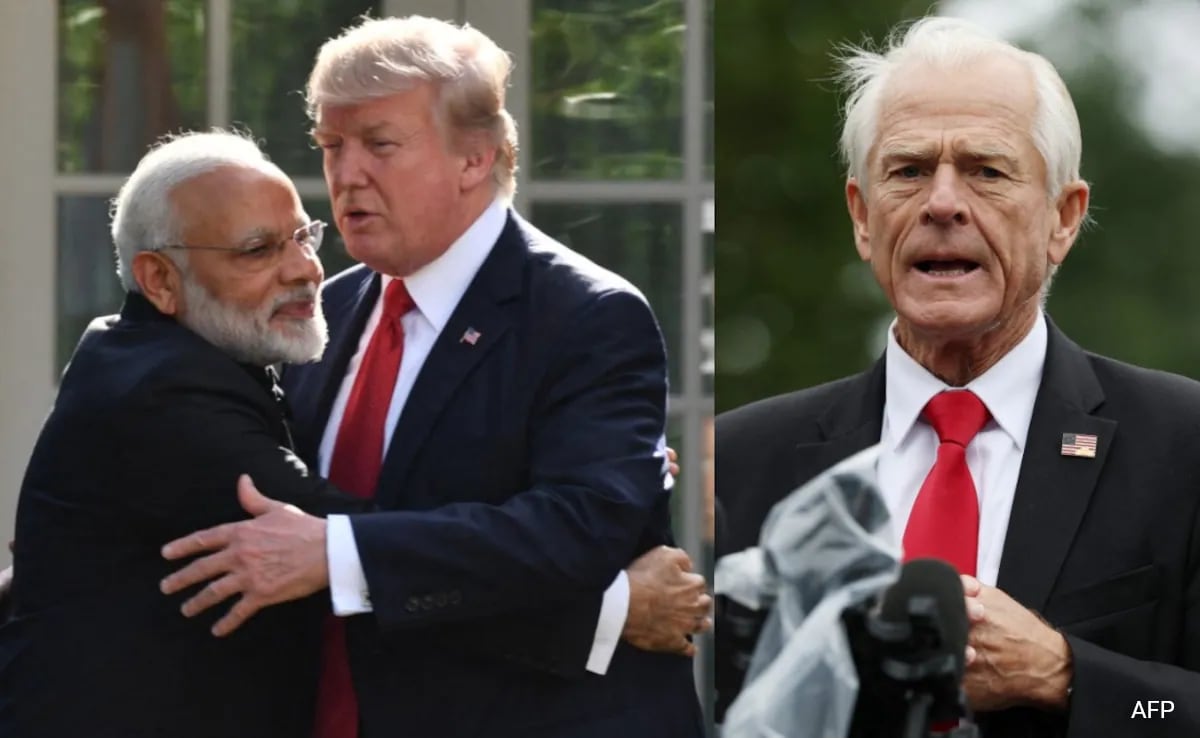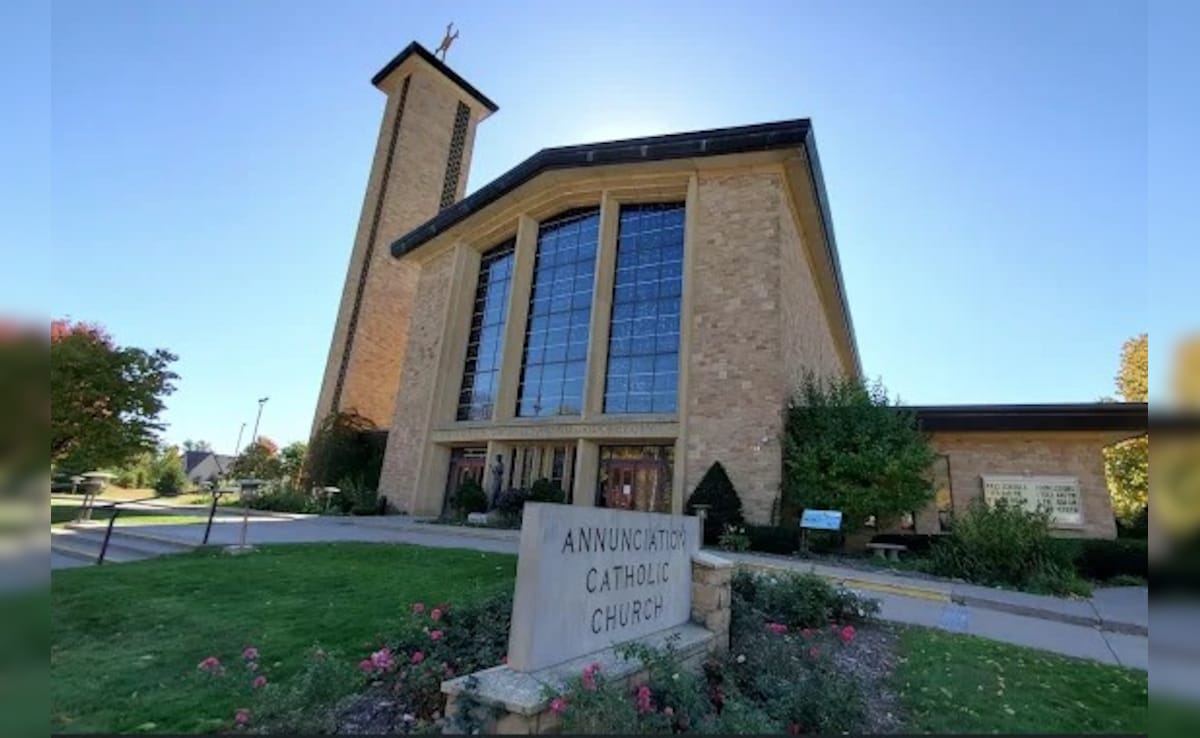The government of President Alexander Lukashenko has cleared many migrants from the border with E.U.-member Poland, but is now struggling over what to do with them next.
About 7,000 migrants remain in Belarus, 2,000 of which were at a camp at the border, said Natalia Eismont, a spokeswoman for Lukashenko, in a video published on a pro-government Telegram channel.
Lukashenko has proposed the European Union establish a “humanitarian corridor” for 2,000 of the refugees while Belarus will help the remaining 5,000 return home, Eismont said.
But there is no indication the E.U. officials would agree to that. The bloc has accused Lukashenko of “weaponizing” migrants — many are from Iraq’s Kurdistan region — and Poland has fortified its border with Belarus to block their entry.
The standoff is increasingly devolving into a humanitarian crisis, with late autumn temperatures dipping below freezing. Thousands of the refugees had been camping out in a forest near the border crossing before Belarus bused some to a nearby warehouse on Wednesday.
It’s unclear what will happen to those who do not wish to be repatriated, or whether Belarusian authorities plan to send them back to the border in the coming days.
The refugees who make it across into Poland and are caught are often deported even if they claim asylum, a practice legalized by Poland last month even though it runs contrary to international law.
European Commission President Ursula von der Leyen said on Twitter that the bloc is mobilizing nearly $800,000 to deliver food, blankets, hygiene and first aid kits to the refugees on the border.
“We are ready to do more. But the Belarusian regime must stop luring people and putting their lives at risk,” von der Leyen said.
Russian President Vladimir Putin — Lukashenko’s most important ally — said that European countries “forget their own obligations in the humanitarian sphere” in not allowing the refugees’ entry.
“It is impossible not to see that Western countries are using the migration crisis on the Belarusian-Polish border as a new reason for tension in the region close to us, reason to put pressure on Minsk,” Putin told Russian foreign ministry officials Thursday.
Belarusian officials said they plan to offer the Chinese Sinopharm coronavirus vaccine to the refugees, according to Russian state news agency RIA.
For months, Belarus has opened routes for the migrants to reach the E.U.’s eastern borders, and the bloc has accused Belarus of orchestrating the flows of migrants to the frontier.
In videos published to social media, armed Belarusian guards have been seen escorting hundreds of migrants toward Belarus’s border with Poland. The Belarus border committee said in a statement this week that the migrants “arrived at the Belarusian-Polish border on their own to join the spontaneous refugee camp.” The committee added, “For the safety of the people, Belarusian soldiers accompanied the group to the location of the camp, in order to avoid provocations from the Polish side.”
Iraqi Foreign Ministry spokesman Ahmed al-Sahaf told Iraqi television earlier this week that the government would organize a first repatriation flight on Thursday for those who “wish to return voluntarily.”
Many of the refugees at the border are from Iraq’s Kurdistan region, and a Kurdistan Regional Government spokesman told The Washington Post that 419 passengers were on Thursday’s flight.
Amid the recent border crisis, many air links between the Middle East and Minsk have either been suspended or are not carrying passengers who are citizens of certain Middle Eastern countries.
Belarusian state airline Belavia, which is expected to be a target of upcoming E.U. sanctions, announced Thursday that it has stopped allowing citizens from Afghanistan, Iraq, Lebanon, Libya, Syria and Yemen to board flights from Uzbekistan’s capital, Tashkent, to Minsk, according to the state BelTA news agency.
Mary Ilyushina in Moscow and Louisa Loveluck in London contributed to this report.
.png)











 English (United States) ·
English (United States) ·  Turkish (Turkey) ·
Turkish (Turkey) ·